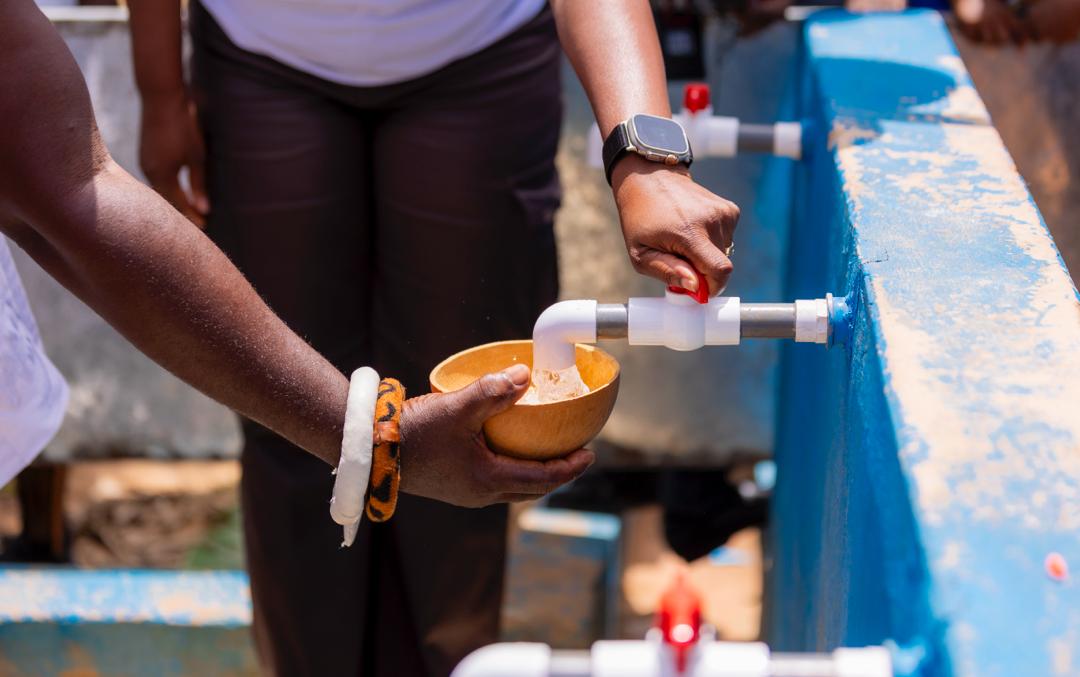
Has your past ever felt like a phantom limb, always there, subtly aching, even when you're trying to reach for something new? We all have it, don't we? Those lingering regrets, the 'should-haves' and 'could-haves', the sting of old hurts, or even the shadows of past mistakes that just seem to cling on, keeping us from truly enjoying the present and stepping confidently into the future. It can feel like an anchor, dragging you back even when you're desperate to sail forward.
But here's the liberating truth: while you can't change what's happened, you absolutely can change your relationship with it. Making peace with your past isn't about forgetting or condoning; it's about untangling yourself from its grip, processing the echoes, and freeing up the mental and emotional space to live a fuller, more vibrant life now. It's a journey, and it takes guts, but the reward – genuine self-liberation and growth – is utterly invaluable.
7 powerful ways to make peace with your past
1. Acknowledge and Validate Your Feelings (Don't Suppress)
This is often the hardest first step, but it's absolutely crucial. Many of us have a habit of shoving down uncomfortable emotions related to our past – anger, grief, shame, regret. We tell ourselves to get over it, be strong, or don't dwell. But here's the rub: those suppressed emotions don't magically disappear. Instead, they fester, manifesting as anxiety, irritability, physical tension, or just a general sense of unease.
Making peace begins with simply allowing yourself to feel what you feel, without judgment. Your emotions are signals, not weaknesses. If you feel regret, acknowledge it. If you feel anger towards someone (or yourself), let it surface. Journaling can be incredibly powerful here; just getting those swirling thoughts and feelings out onto paper can provide immense relief. Talking to a trusted friend or even having a good cry when you need to can help validate those feelings. This isn't dwelling; it's processing.
READ ALSO: 10 foods that can change your mood
2. Practice Radical Acceptance (It Is What It Is)
Once you've acknowledged your feelings, the next step is perhaps the most challenging: radical acceptance. This doesn't mean you approve of what happened, or that you're saying it was okay. It simply means accepting the reality that the past happened, and you cannot change it. You cannot un-do a mistake, un-say a hurtful word, or prevent an unfortunate event from occurring.
Fighting against this unchangeable reality is like trying to push against a brick wall – it drains all your energy and leaves you exhausted and stuck. Acceptance is about letting go of that struggle. It’s about recognising that your power lies in the present, not in reliving or resisting what's gone. Identify the specific past events or actions you're still resisting. Then, consciously tell yourself, This happened, and I accept that it happened. Now, what can I do? This frees up precious mental and emotional resources to focus on what you can control now.
ALSO READ: Did you know breakups cause happiness?
3. Reframe Your Narrative (From Victim to Survivor/Learner)
Our minds are incredible storytellers. Unfortunately, when it comes to past hurts or mistakes, we often get stuck telling ourselves a story that casts us as a perpetual victim or a lifelong screw-up. This narrative keeps us trapped in the past. To move forward, you need to consciously reframe your story.
This isn't about denying the pain or the negative impact. It's about finding the hidden lessons, the resilience you developed, the strength you discovered, or the wisdom you gained. How did that tough experience shape you for the better? What did you learn about yourself, or about life, that you wouldn't have known otherwise? Try writing down the old narrative, then deliberately rewrite it from a position of growth, survival, or wisdom. This powerful shift in perspective transforms the past from an anchor into a springboard.
ALSO READ: 7 reasons you shouldn’t have sex when you’re on your period
4. Forgive – Yourself and/or Others (The Gift of Release)
Forgiveness is perhaps the most misunderstood concept when it comes to making peace with the past. It's not about letting someone off the hook, or pretending a past hurt didn't matter. Forgiveness is a profound act of self-liberation. It's letting go of the bitterness, anger, resentment, or guilt that you're carrying, which ultimately only punishes you.
Holding onto grudges, whether against others or yourself for past mistakes, is like drinking poison and expecting the other person to suffer. Begin by acknowledging the pain. Then, consciously make the decision to release the emotional burden. Forgiving yourself for past mistakes is just as vital; practice self-compassion, understanding that you did the best you could with what you knew at the time, or that you're human and made an error. Sometimes, writing a letter (that you don't send) can help you articulate and then release those feelings.
READ ALSO: 6 daily activities that are harmful to your mental health
5. Set Clear Boundaries for the Present and Future
Making peace with the past isn't just about processing old emotions; it's about ensuring those painful patterns or dynamics don't bleed into your present and future. This often means establishing clear, firm boundaries. Think about what patterns or types of people from your past have negatively impacted you. Was it constant criticism? A lack of respect? An inability to say 'no'?
Now, consciously establish boundaries to protect your current well-being. This might mean learning to say no more often, limiting contact with toxic individuals (even family members, if necessary), or being very clear about what you will and won't tolerate in new relationships. Prioritising your self-respect and understanding your non-negotiables is a powerful way to assert that your past does not define your present interactions.
6. Engage in Meaningful Present-Moment Activities
The past, like a persistent echo, tends to linger when our minds are idle. One of the most effective ways to make peace with it is to actively immerse yourself in the present moment. Fill your life with new experiences, engaging activities, and genuine connection.




















Facebook
Twitter
Pinterest
Instagram
Google+
YouTube
LinkedIn
RSS